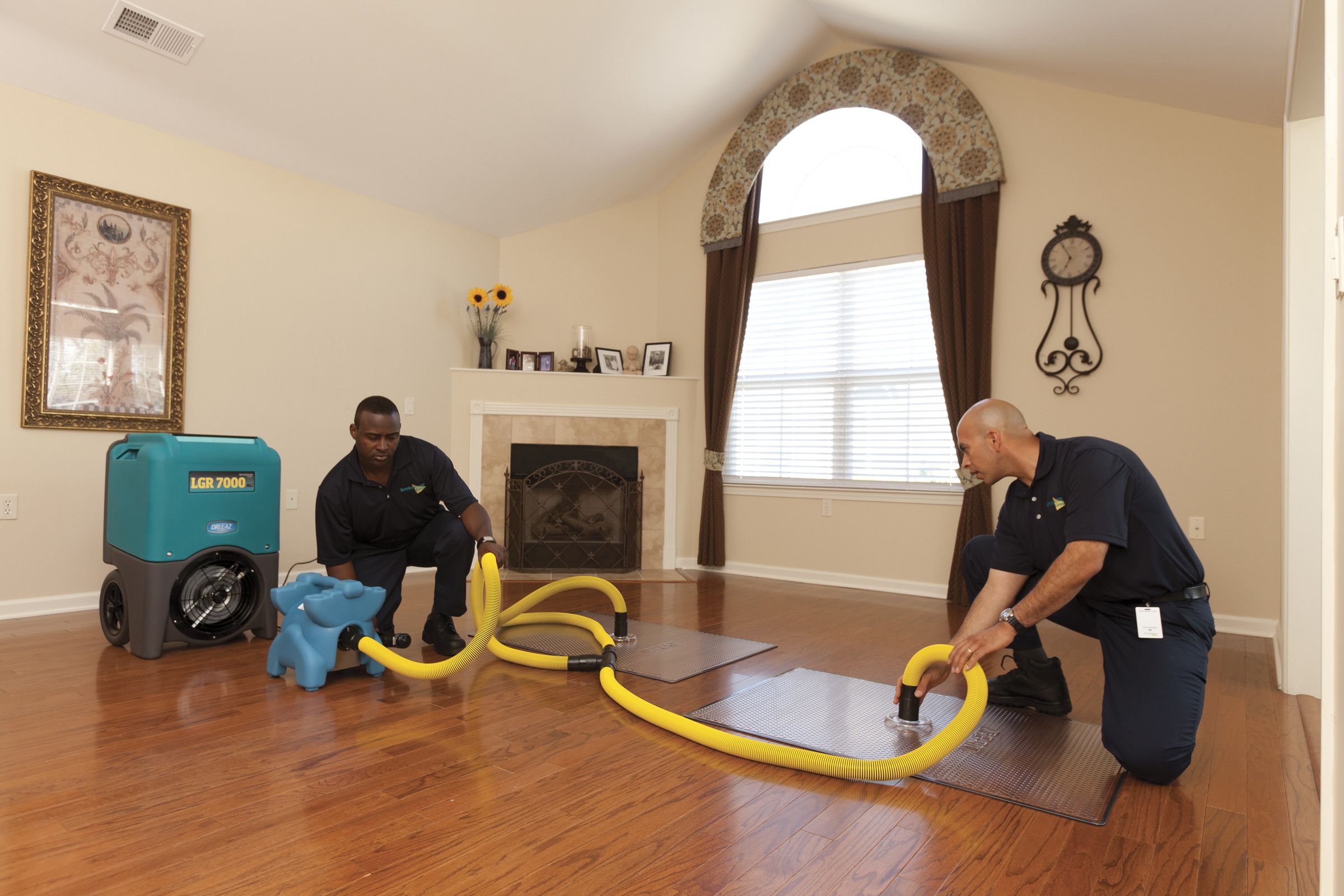Water Damaged Areas in Home or Office: 10 Things You Should Do
Water damaged home or office can be a disaster. Not only does it often lead to extensive and costly repairs, but it can also cause health problems for those who are exposed to the water or the mold that can result from it. If you find yourself in the unfortunate position of having water damage, there are a few things you should do to minimize the damage and get your home or office back to normal as quickly as possible.
Water damage can refer to a number of different things, from a simple spill to a full-blown flood. In most cases, water damage is caused by sudden, accidental events such as a burst pipe or a leaky roof. Regardless of the cause of water damage, it can be devastating for your home or office, leading to expensive repairs and even health problems.
Here are 10 things you should do if your home or office has water damaged areas:
- Turn off the water: If the water damage is caused by a burst pipe or another type of plumbing issue, the first thing you should do is turn off the water at the main shutoff valve.
- Remove excess water: This can be done by placing towels or a wet vac over the damaged area and gently pressing down to soak up the water.
- Call a professional: If you have water damage from a flood, storm or any other type of major water damage, it’s usually best to call a professional water restoration service.
- Remove any wet materials: This includes carpeting, furniture, drywall and anything else that may have been soaked by the water.
- Use fans and dehumidifiers: If you have any moisture remaining after removing wet materials, it’s important to dry out the area. You can do this by placing fans and dehumidifiers in the affected area to dry out any lingering moisture.
- Monitor air quality: Be sure to monitor the air quality in the affected area and open windows as needed to improve air flow and reduce humidity.
- Talk to your insurance company: Be sure to contact your insurance company as soon as possible to find out what type of coverage you have and what steps you need to take to file a claim.
- Repair damage: Depending on the type of water damage you have, repairs may be minimal or extensive. Regardless, it’s important to address any damage as soon as possible to prevent further damage and to ensure the safety of your home or office.
- Talk to a doctor: Exposure to water and mold can cause health problems, so it’s important to see your doctor if you experience any symptoms after water damage.
- Prevent future damage: This may include installing new plumbing or addressing any other issues that may have caused the water damage in the first place.
Following these steps can help you deal with water damage quickly and efficiently, minimizing the damage and getting your home or office back to normal. However, keep in mind that water damage can be a serious issue, so it’s always best to consult with a professional if you’re unsure about how to proceed.











